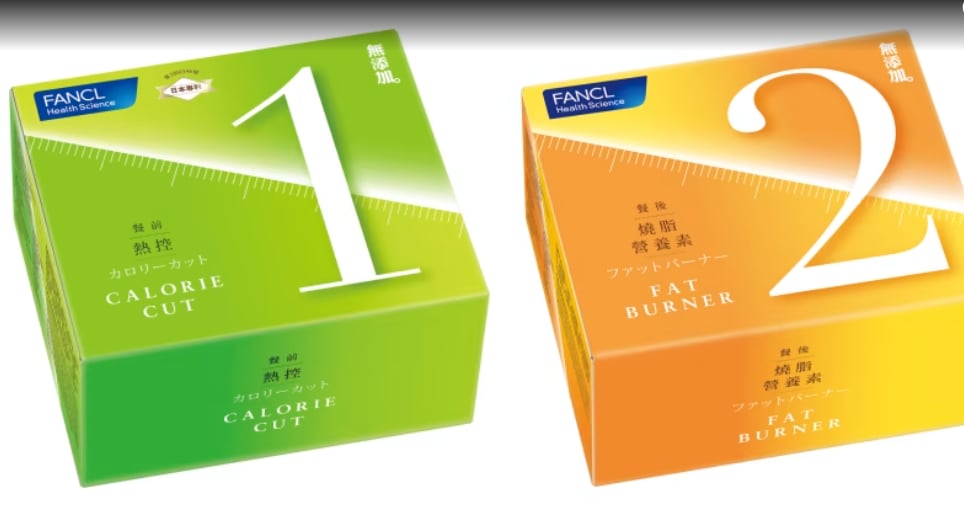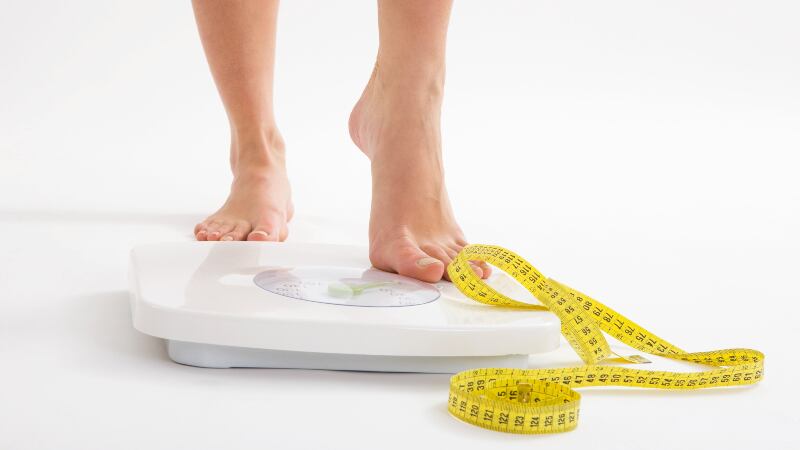Its nutritional supplements sales increased 13.4 per cent yoy from 18,866 million yen (US$126m) to 21,394 million yen (US$142m) in the first half of FY2024, which was between April and September 2023.
Much of its supplement sales came from the domestic market, which grew 11.9 per cent yoy to 19,167 million yen (US$128m), while sales from overseas grew 28.1 per cent to 2,226 million yen (US$14m).
For the second half of FY2024, it plans to focus on Anti-cholesterol support, which is what is said was the “future star” product.
The product currently has a consumer retention rate of 1.3 times higher than the average of the overall supplements sales.
The aim is for it to achieve one-billion-yen sales in FY24, the firm said, adding that it would focus on promoting the product in areas such as Hokkaido, Tohoku, and Shizuoka.
Another product line from Calolimit, which is a collaboration between Kirin and FANCL, is the other area of interest for the company.
The latest product from the lineup, the Calolimit blend tea is a food with functional claims (FFC) launched in October 2023.
Sold at 170 yen per 600ml bottle, it claims to suppress the absorption of sugar and fats.
The caffeine-free product contains indigestible dextrin as dietary fibre, which company said can suppress the absorption of sugar and fat ingested from meals. It also contains barley, pearl barley, rice, and corn.
Its cosmetic business, on the other hand, grew at a slower rate at 4.2 per cent to 29,886 million yen (US$132m)
Its other foods products, which are not categorised under the supplement business, namely its kale juice and its germinated brown rice business Hatsuga Genmai had contracted 4.2 per cent and 10.7 per cent respectively.
Overall, the company’s sales went up 6.8 per cent from 50,639 million yen (US$388m) to 54,077 million yen (US$361m) in the first half of FY2024.
Sales of nutritional supplements are expected to grow nine per cent to 43,460 million yen (US$290m) by the end of FY2024, the firm said.
E-commerce and core users
In the first half of 2024, 44 per cent and 16.6 per cent of FANCL consumers bought nutritional supplements from its online platforms and its offline stores.
Wholesales and others made up 29 per cent, while overseas sales made up 10.4 per cent.
Aside from FANCL’s website, Rakuten, Amazon, and Qoo10 are some of the most popular e-commerce platforms for buying its products.
According to FANCL, most of the users on Rakuten are women in their 30s to 40s, while that of Amazon are males in their 40s to 50s, and Qoo10 are predominantly teenage girls and women in their 20s.
As such, FANCL said it would strengthen advertising in each of these platforms according to the consumer profiles. It is also trying to increase consumer sales from its mobile app.
Overseas, its existing health food products are solely distributed by Sinopharm International. However, it is planning to work with other companies in distributing its new products and brands.



